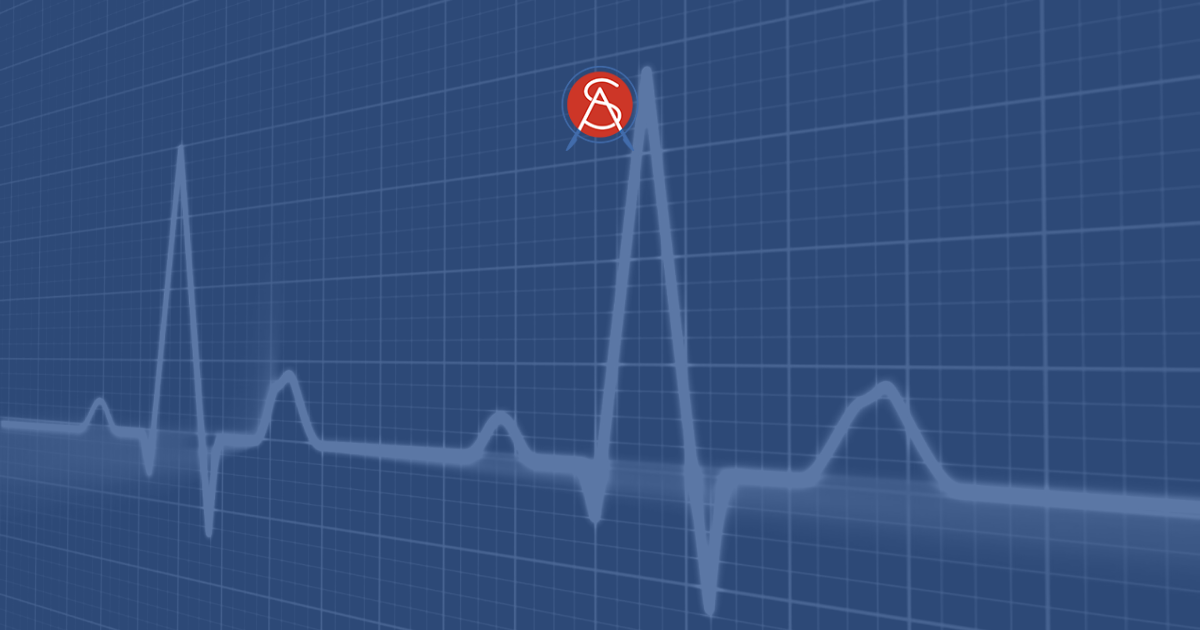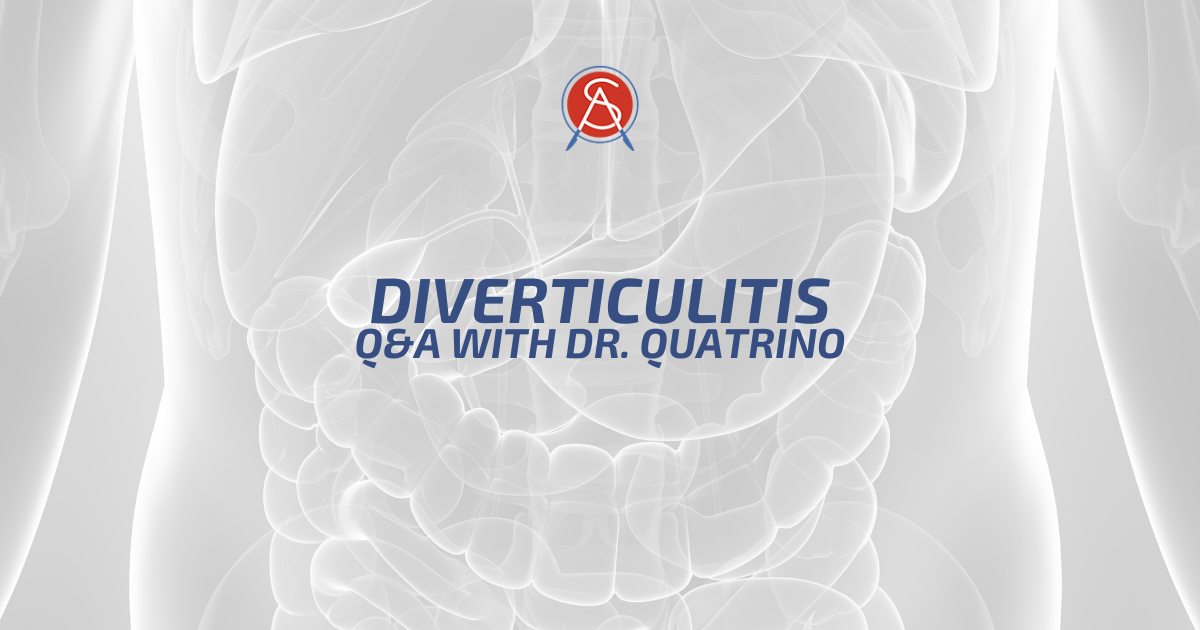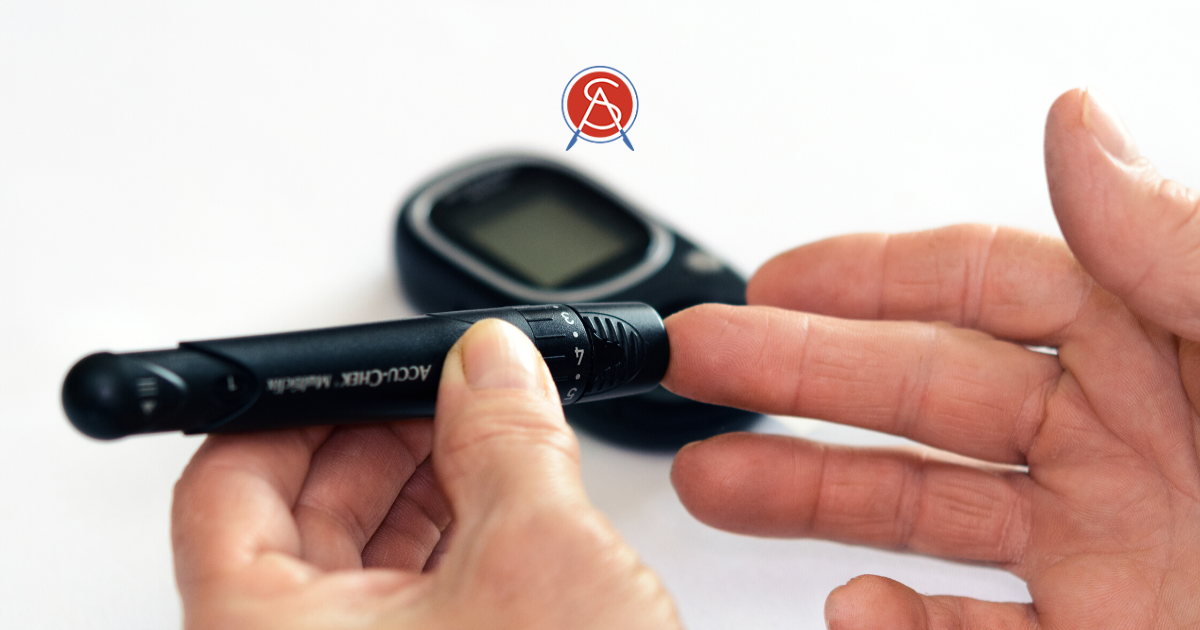Blog Archives
Why Have Weight Loss Surgery Series – AFib
One of the lesser-known consequences of excess weight and obesity is a heart condition known as atrial fibrillation or AFib. This is the most common arrhythmia or irregular heartbeat experienced by Americans and patients around the world. The symptoms of AFib can run the gamut from mild to debilitating, depending on the frequency, intensity and duration of the episodes. Most importantly, however, AFib increases the risk of stroke by up to five times.

Why Have Weight Loss Surgery Series – Diabetes
Diabetes has been definitively linked to obesity. In fact, due to the excess weight and obesity epidemic in the United States, it is estimated that by 2050, up to 33% of all Americans could have diabetes.
Further, with even younger people becoming obese, diabetes has become a problem for young adults and even adolescents that were at far lower risk in the past. The result is a life of needing blood sugar control medication, yo-yo-dieting and experiencing medical complications associated with elevated blood sugar. Further, COVID-19 has shown us that diabetes can even affect our ability to fight off infections and viruses. Recent research has shown poor outcomes in people hospitalized for COVID-19 who also have diabetes.
Metabolic and Bariatric Surgery During the COVID-19 Pandemic

In late June, the American Society for Metabolic and Bariatric Surgery (ASMBS) released a statement regarding metabolic and bariatric surgery during the COVID-19 pandemic. The Surgical Association of Mobile, PA echoes their call to safely resume surgery. While the COVID-19 pandemic is ongoing, so too is the health crisis of obesity in America. Bariatric and Metabolic surgery has been shown as the best treatment for individuals suffering with obesity. Severe obesity both limits the quality of life of patients and can become life-threatening. Bariatric procedures have been put on hold in much of the country during the coronavirus pandemic and deemed “elective.”
Ensuring Proper Portion Control After Bariatric Surgery
Portion control is one of the hardest aspects of post bariatric surgery life. After surgery, you may only be able to eat 20% or so of what you ate before.

In the early stages of postoperative life, patients quickly realize that they simply cannot eat as much as they used to. This is particularly true for patients who have undergone stapled surgical procedures such as the gastric bypass, gastric sleeve or duodenal switch. These procedures physically reduce the size of the stomach so drastically that it is uncomfortable, and in many cases, painful when patients eat too much. Some surgical patients also have a self-limiting condition known as dumping syndrome making them feel physically ill if they eat too much food; or the wrong foods (sugary, fatty, etc.).
Greek Chicken Breasts

The Mediterranean diet has long been hailed one of the healthiest options. The traditional style, contrary to our western style of eating, focuses more on more whole foods and plant-based dishes. The main ingredients you will find in the Mediterranean diet include vegetables, fruits, nuts, seeds, legumes, whole grains, herbs, spices, fish, seafood and a healthy dose of extra virgin olive oil. This flavor packed recipe will truly highlight the main dish.
Why the Gastric Bypass Is So Effective Against Type Two Diabetes
One of the great advantages but also mysteries of the gastric bypass over the past several decades has been its effectiveness in fighting type-2 or adult-onset diabetes. We know that obesity and excess weight in general increases the risk of diabetes. Logically, therefore, we believed that significant excess weight loss offered by the gastric bypass would resolve it quickly. But there was a nagging question.

We noticed that the improvement or resolution of type two diabetes happened within days or just a couple weeks of the procedure. This was puzzling because patients would not yet have lost a significant amount of weight. We also saw that restrictive procedures did not have the same virtually immediate reaction time.
So, what is the mechanism that makes the gastric bypass so effective, that it could improve diabetes before the patient lost a significant amount of weight?
Garlic Parmesan Lemon Butter Snap Beans
When working toward a healthy diet, a few key points are important to remember. First, especially for any bariatric patients, protein is important. Once you are meeting your protein goal, focusing on vegetables that are high in fiber are going to help keep you feeling fuller longer and better regulate blood sugar levels than high starch foods.

Diverticulitis Q&A with Dr. Quatrino

Diverticulitis occurs when small pouches, known as diverticula, that have formed in the colon, become infected. Diverticulitis symptoms can manifest as mild or even severe and should be evaluated by a specialist as soon as possible. You can learn more about diverticulitis here.
Surgical Association of Mobile is a 2020 Nappie Nominee!

With great excitement, we are happy to share that Surgical Association of Mobile has been nominated for Best Specialist Practice in the Lagniappe’s annual Nappie Awards! Our team is grateful for this recognition and nomination as one of the top 6 practices specialty practices in the Mobile Bay Area. In addition, Dr. Steve Weinstein and Dr. Forrest Ringold have also both been nominated for best Weight Loss Doctor with Dr. Barry Ballard being nominated as best specialist! We invite you all to vote, vote, vote and help spread the word about this excellent team of care providers.
What Should You Know About Gut Health?

In the human body, research show that there are actually more bacteria cells than human cells. While we often hear about bacteria causing infections, good bacteria in the body is a powerful tool to prevent harmful bacteria from causing us trouble. Bacteria live all over and inside your body – including the intestine. The bacteria of the gut play many roles including digestion and tuning our bodies for appropriate immune and metabolic responses. Evidence shows that the microbiome of the gut changes how our bodies are able to extract and store energy from food as well as how we expend it. The more we learn about the gut, the more questions we have. As doctors who specialize in bariatric medicine as well as other intestinal surgeries, we are keenly interested in gut health and we think there are a few valuable things to know:


